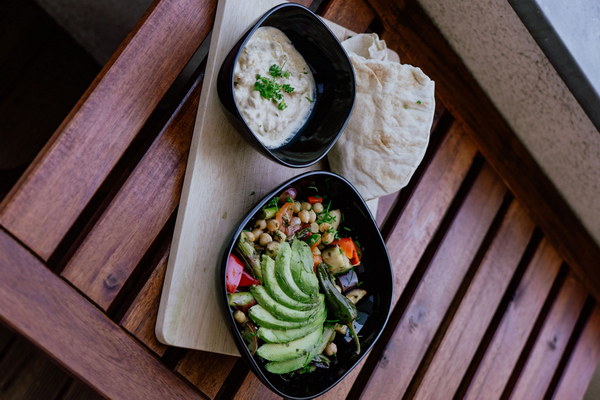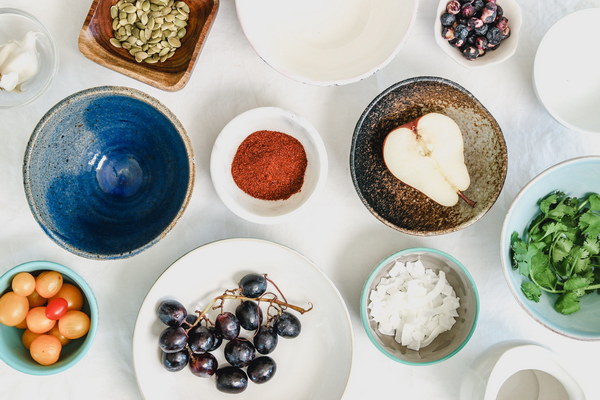Eliminate Dampness, Not Weight A Traditional Chinese Medicine Approach to Wellness Without Dieting or Exercise
In the realm of traditional Chinese medicine (TCM), the concept of dampness is a prevalent and often misunderstood condition. Unlike the Western understanding of weight, which is often associated with body mass and excess fat, dampness in TCM refers to a state of imbalance within the body's internal environment. It is believed to be the root cause of various ailments, including fatigue, poor digestion, and even some chronic diseases. But what if you could achieve a sense of well-being and vitality without resorting to rigorous dieting or intense exercise? This article explores the use of TCM to eliminate dampness and promote wellness, naturally.
The Science of Dampness in TCM
According to TCM, dampness arises when the body's internal fluids become stagnant or accumulate in excess. This can occur due to various factors, including diet, environment, and emotional stress. In TCM, dampness is often associated with the liver and spleen meridians, which are responsible for fluid regulation and digestion.
Symptoms of dampness include:

- Feeling heavy, sluggish, or foggy-headed
- Poor digestion, bloating, or diarrhea
- Weight gain, particularly in the abdomen
- Joint pain and muscle stiffness
- Excessive phlegm or a thick, sticky tongue coating
The TCM Approach to Dampness
To address dampness, TCM practitioners employ a holistic approach that combines herbal medicine, diet, and lifestyle changes. Here's how these elements can help eliminate dampness and promote wellness without the need for weight loss or intense exercise:
1. Herbal Medicine
Herbs are a cornerstone of TCM and are used to balance the body's internal environment. Commonly used herbs to address dampness include:
- Astragalus (Huang Qi): Boosts the immune system and helps eliminate dampness.
- Poria (Fu Ling): Promotes fluid drainage and aids in digestion.
- Atractylodes (Cang Zhu): Supports the spleen and liver, improving digestion and eliminating dampness.
- Licorice Root (Gan Cao): Harmonizes the other herbs and supports the body's overall balance.
These herbs can be prescribed in various combinations, tailored to an individual's specific symptoms and constitution.
2. Diet
A TCM diet focuses on balancing the body's internal environment by eliminating foods that exacerbate dampness and incorporating those that help eliminate it. Foods to avoid include:
- Excessive sugar and refined carbohydrates
- Cold, raw, and frozen foods
- Greasy or fried foods
- Excessive dairy
Instead, focus on:
- Warm, cooked foods
- Foods with a diuretic effect, such as green tea, cucumber, and watermelon
- Foods that support the spleen and liver, such as sweet potatoes, carrots, and lean proteins
3. Lifestyle Changes
Lifestyle adjustments can significantly impact dampness in the body. Here are some tips:
- Regular exercise, such as walking or tai chi, to promote circulation and eliminate dampness.
- Adequate rest and sleep to support the body's natural healing processes.
- Stress management techniques, such as meditation or yoga, to reduce emotional stress and prevent dampness.
Conclusion
Incorporating TCM practices to eliminate dampness can lead to a more balanced and vibrant life without the pressure of weight loss or intense exercise. By focusing on herbal medicine, diet, and lifestyle changes, individuals can achieve a sense of well-being and vitality that goes beyond the mere number on the scale. So, why not explore the ancient wisdom of TCM and embrace a healthier, happier you?









